New scams to look out for
Posted on 13 March 2020 by Beaming SupportAmidst current public health concerns, we’re helping companies mobilise to work flexibly in a fast-changing environment, but we’re also aware that the quick shift towards working from home is a situation that can be exploited by cyber criminals and scammers.
We’ve summarised some of the scams to look out for below.
Emails from personal addresses
It’s likely that the number of people working from home is going to increase, in which case you’ll be communicating with colleagues and customers who are not in their usual working environment.
This gives scammers a way to update their usual tactics; they can send emails to the employees of a company from a personal style email address, purporting to be, for example, the CEO or accounts manager, with the excuse that they’re working from home. They’ll then request a fraudulent payment or send an attachment that could compromise your network security.
Many businesses already allow staff to access work emails from locations outside of the office, or will at least allow for this as part of their contingency planning, so be very wary of these kinds of email.
We always advise that any unexpected request for payment be followed up with a phone call to verify that the email was indeed sent by the person it purports to be from.
Phone calls from personal numbers
Similar to the above, the novelty of so much of the workforce being out of their offices can be exploited over the telephone, too. IT support scams, where users are tricked into downloading malware or making a payment to an illegitimate organization already exist, but being able to say that they’re using an unusual phone number because they’re working from home helps scammers gain the trust of the victim.
If you’re ever in doubt about the legitimacy of a phone call from your IT support, ISP, bank or any other organization, hang up, wait five minutes and call back using the number you have on record.
As a business with staff working from home, you can reassure customers by using the BeamRing cloud phone system, which allows staff to connect to your central phone system and present the same business phone number whether they’re working in the office or at home.
Hand sanitizer and face masks
Email scams have already been circulating that capitalize on people’s concerns about obtaining sanitary equipment such as hand sanitizers and face masks. They’ll use the usual pressure tactics – in this case scarcity – to trick people into parting with their money or downloading malicious content.
While the context may change, the phishing, smishing and telephone scamming tactics used by cyber criminals are still much the same as we’ve come to expect. As usual, we should all be wary of any unexpected contact that requests a payment or encourages us to download something or click a link.
For a reminder of the tactics used in phishing, smishing and social engineering scams and the measures you can take to protect against them download our Business Guide to Phishing below.
Download our Business Guide to Phishing
Spot and stop phishing & social engineering attacks by following our simple advice.
